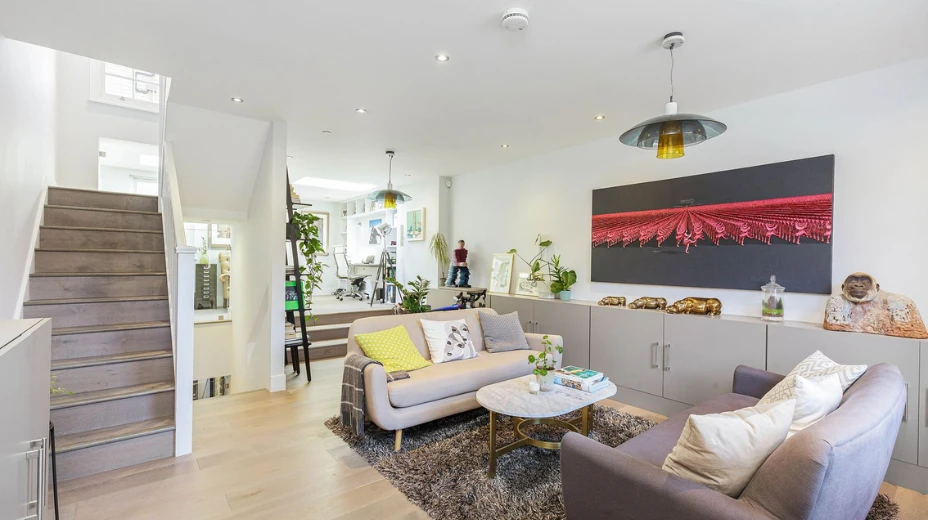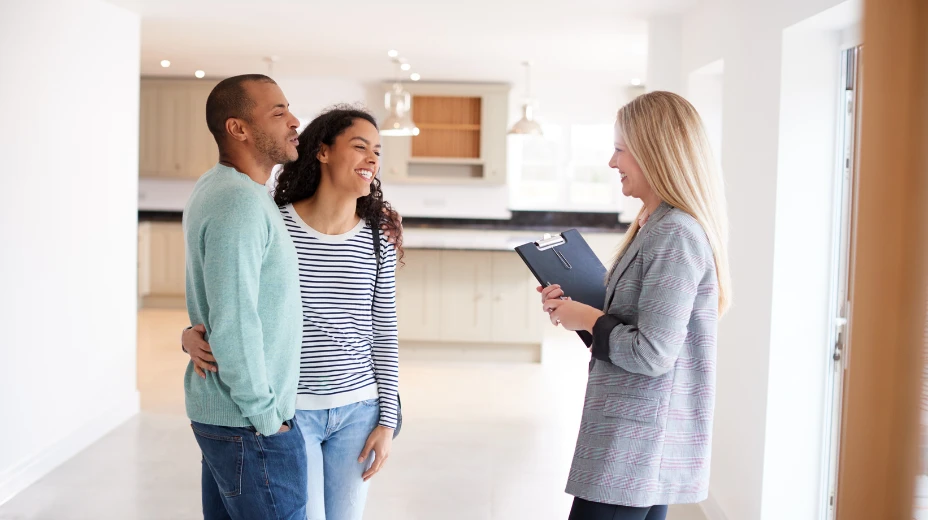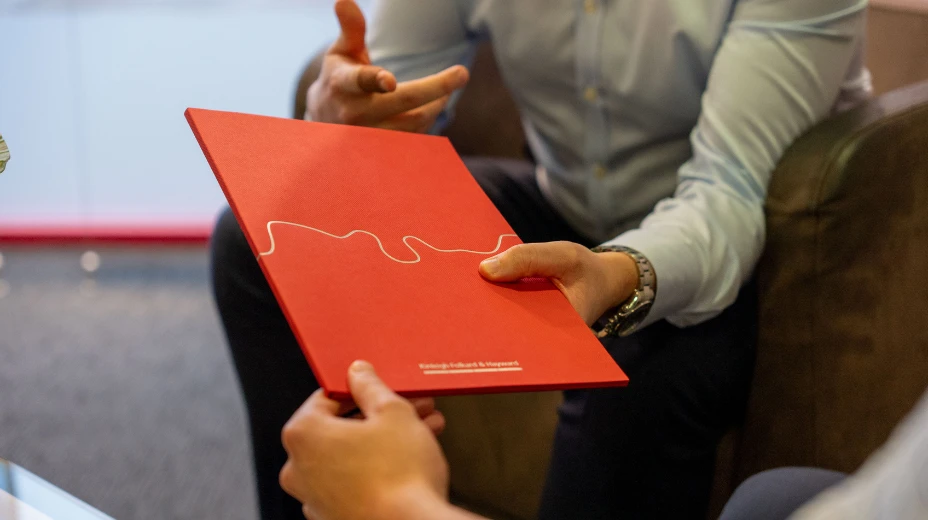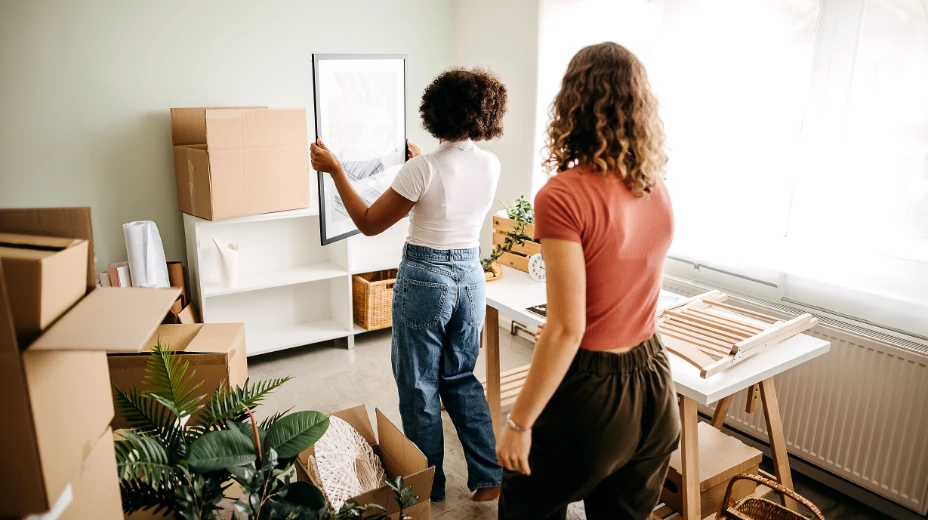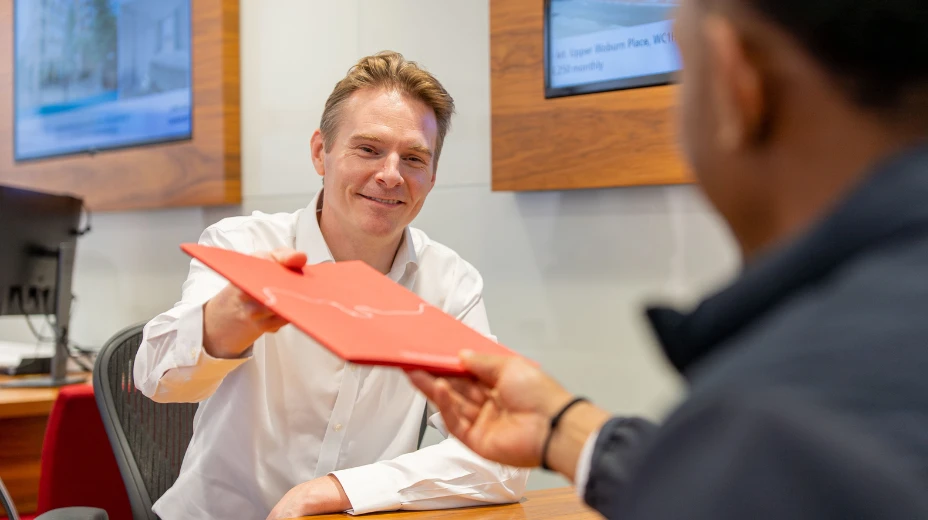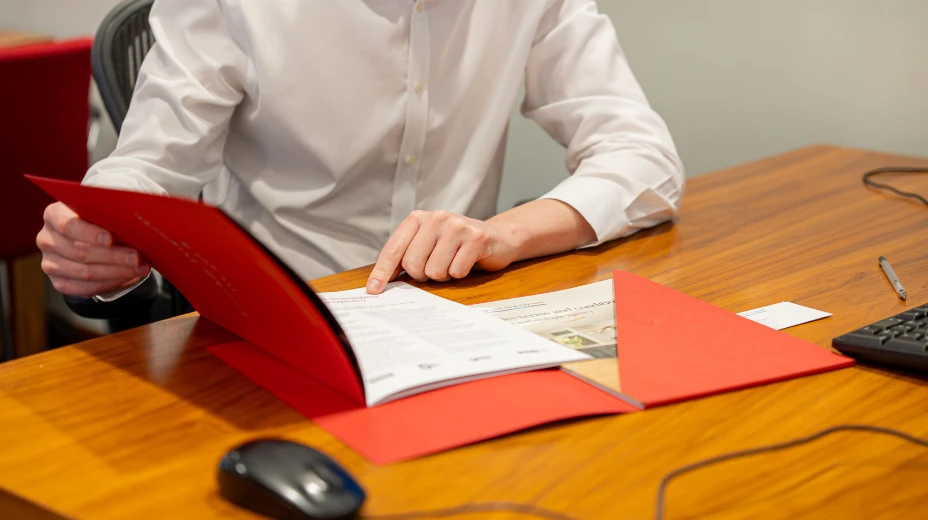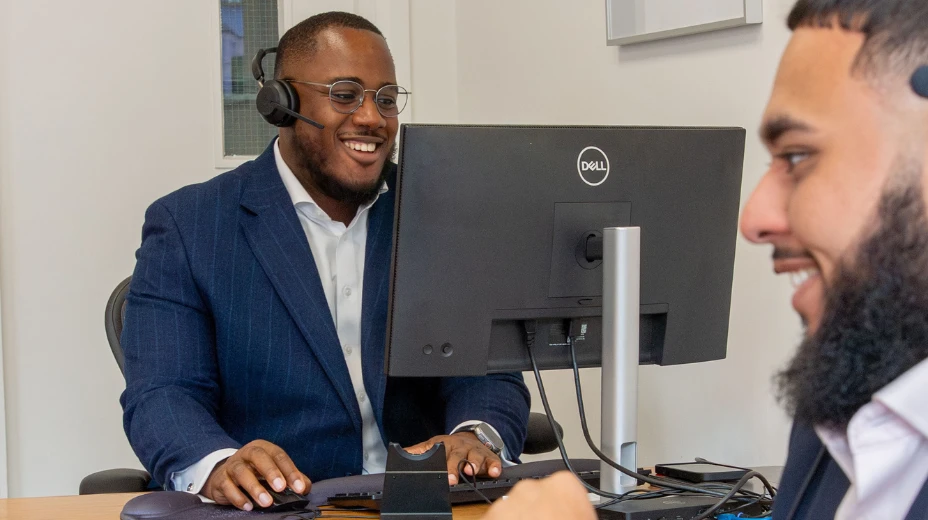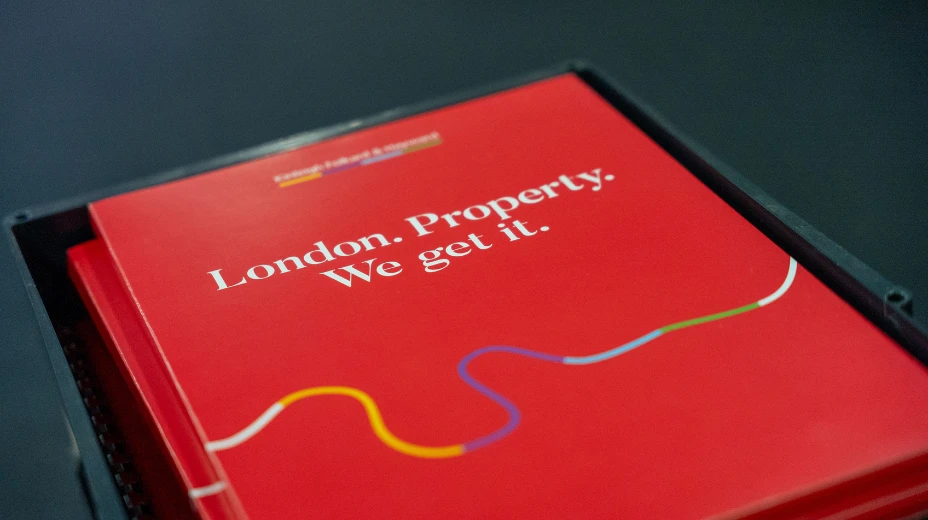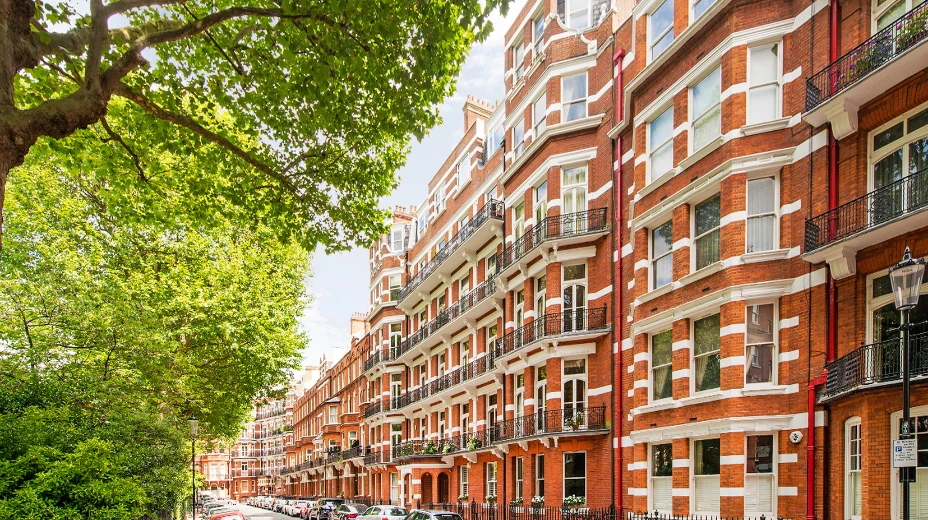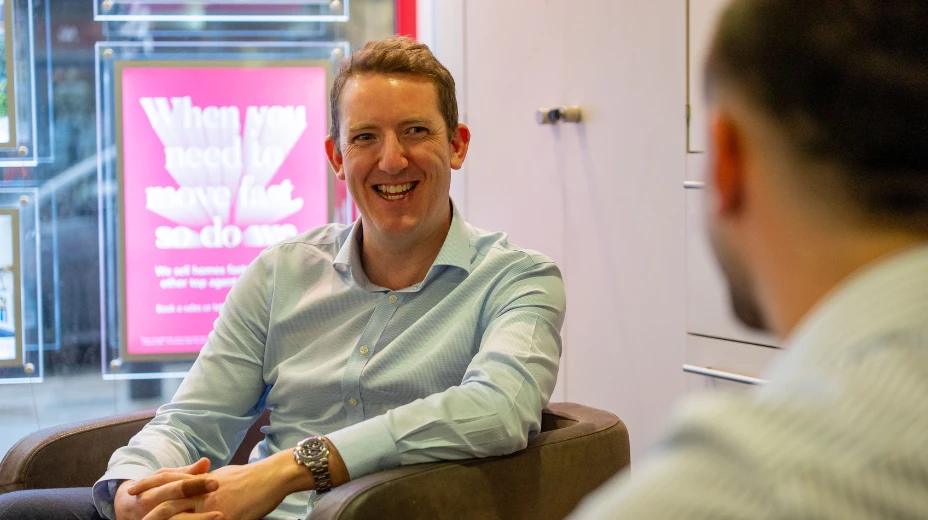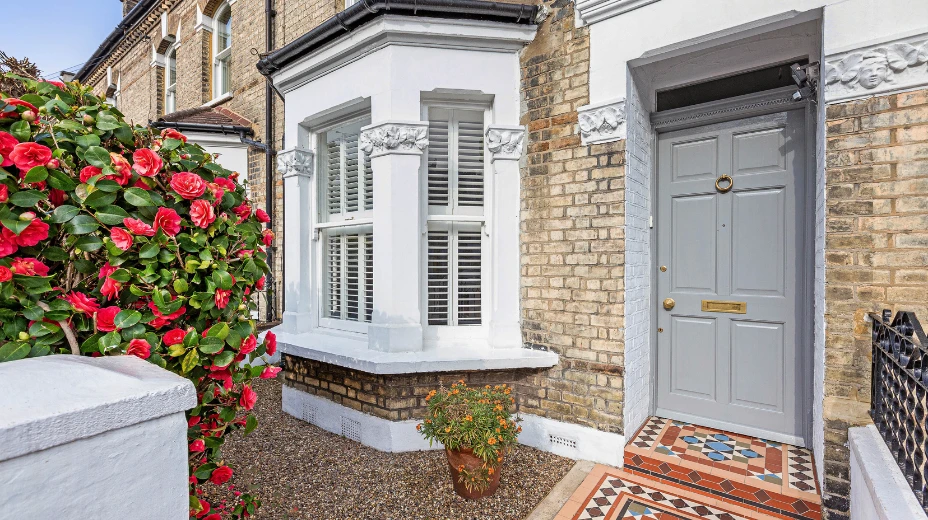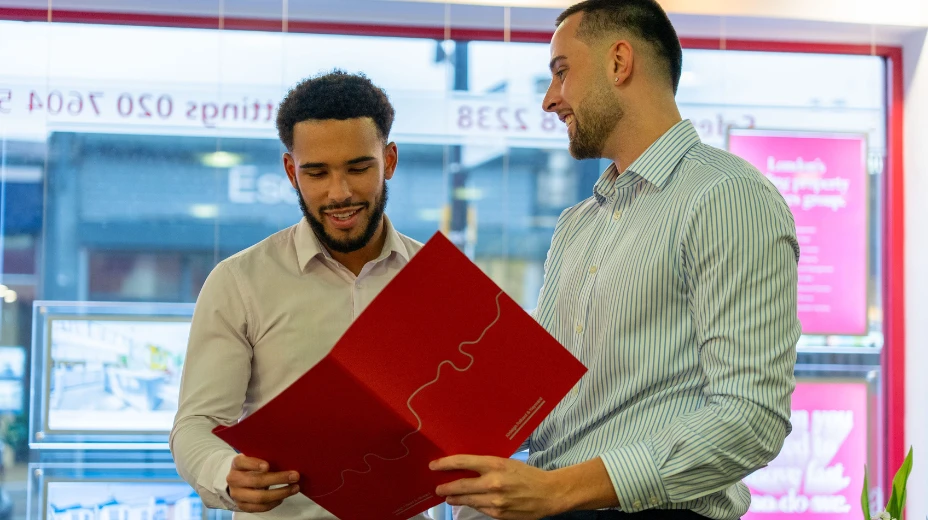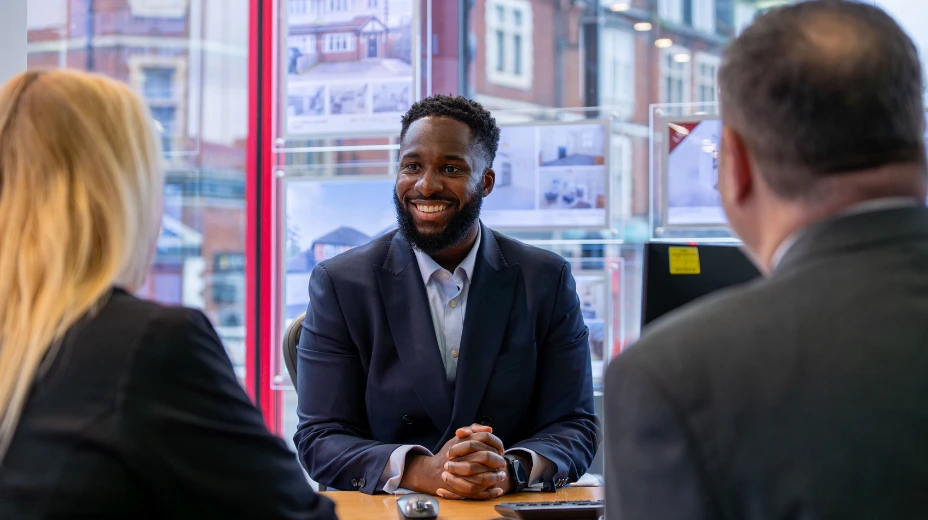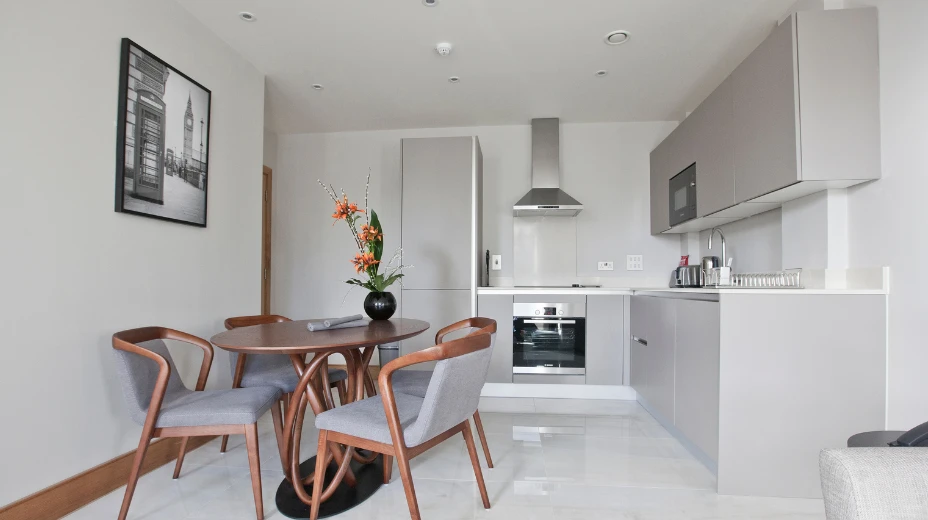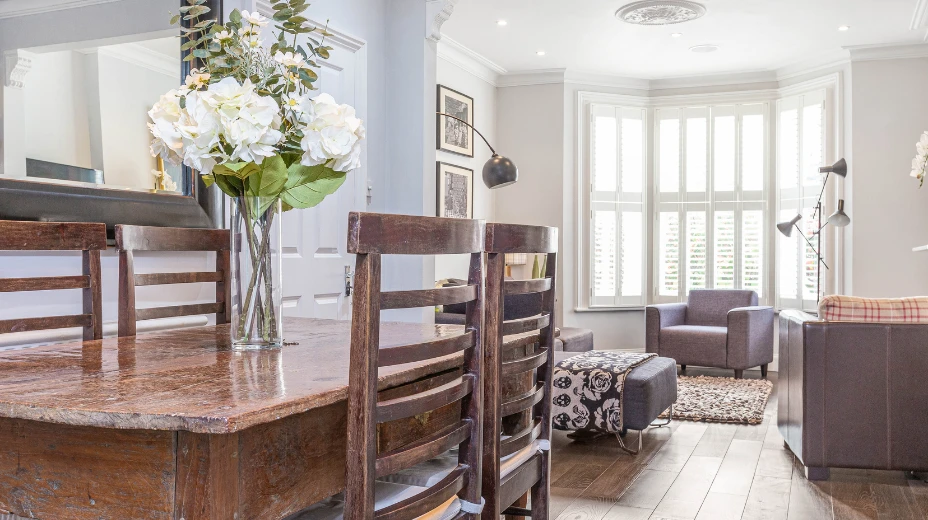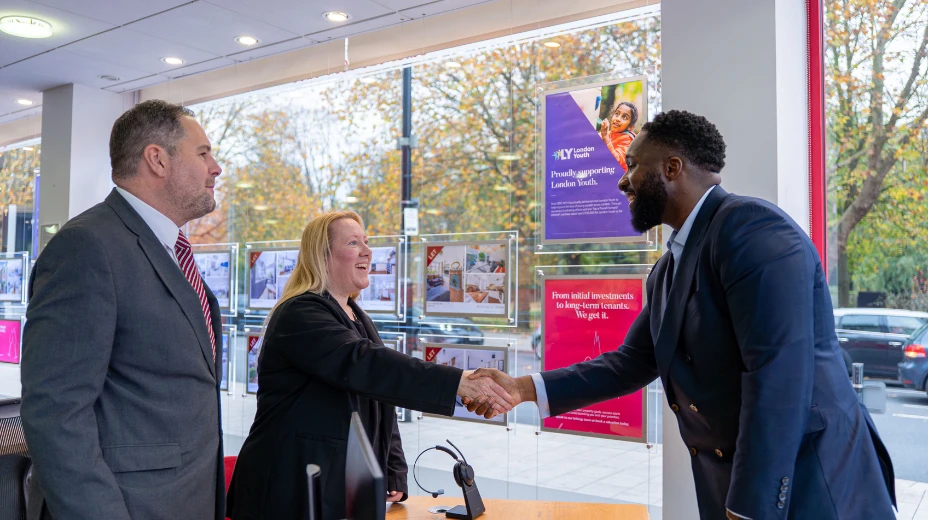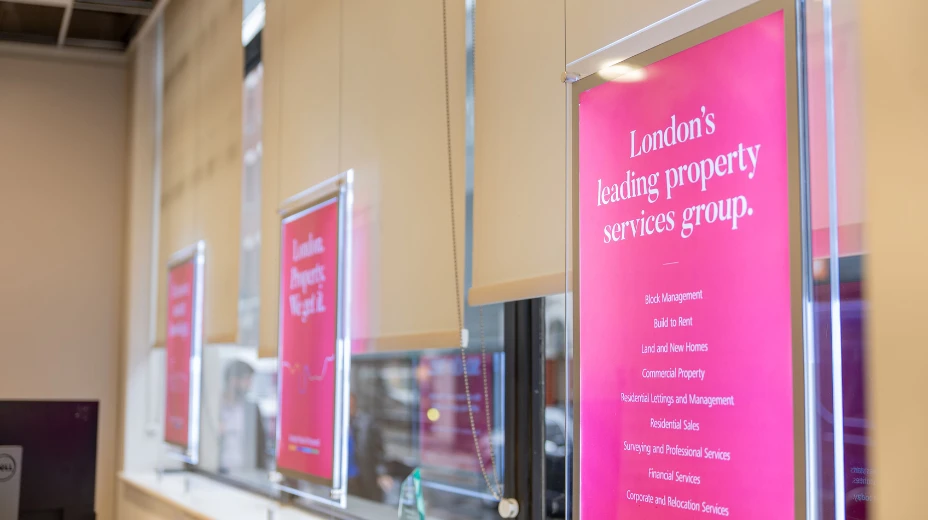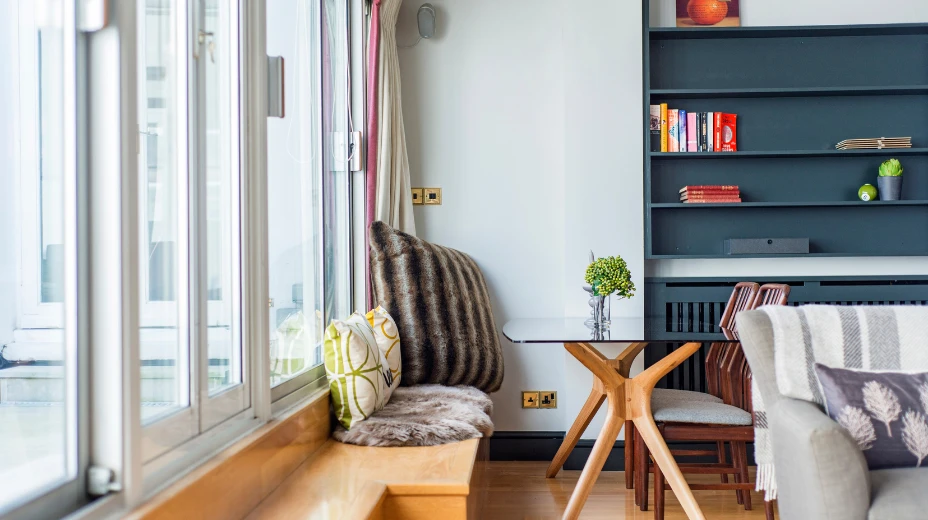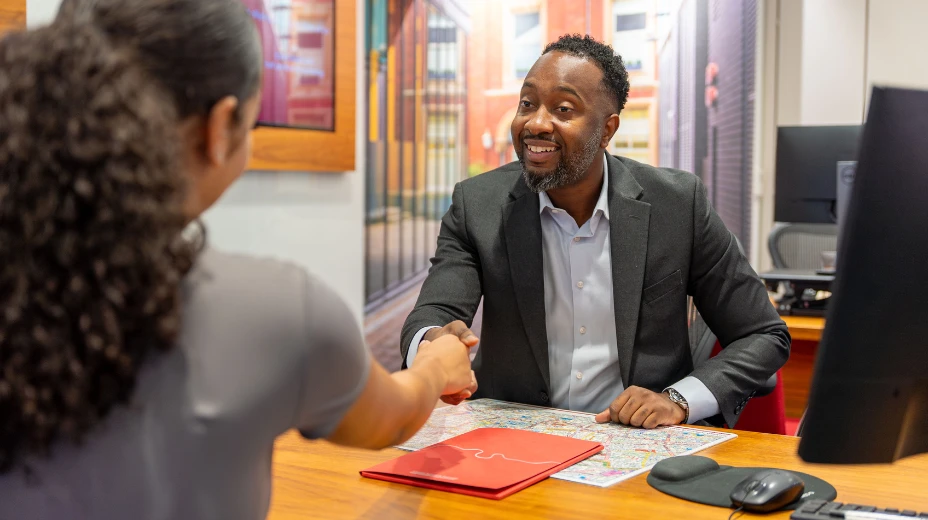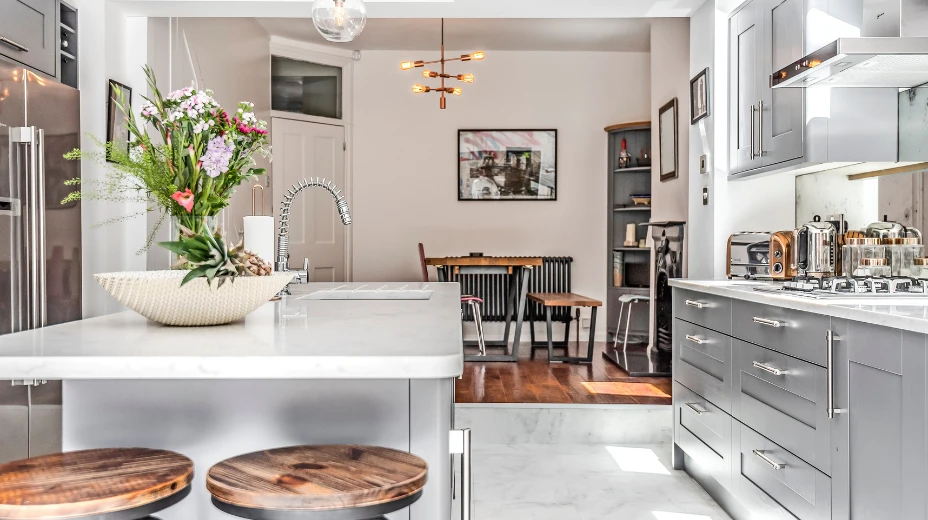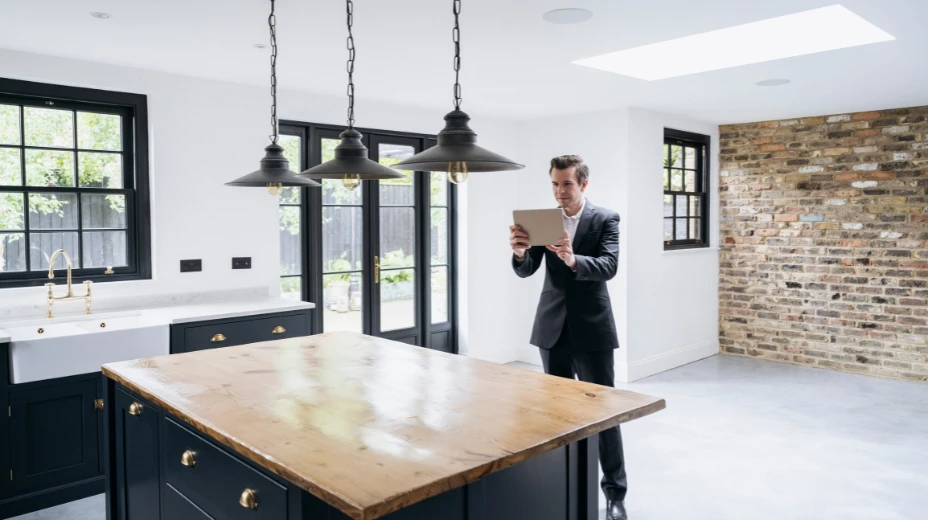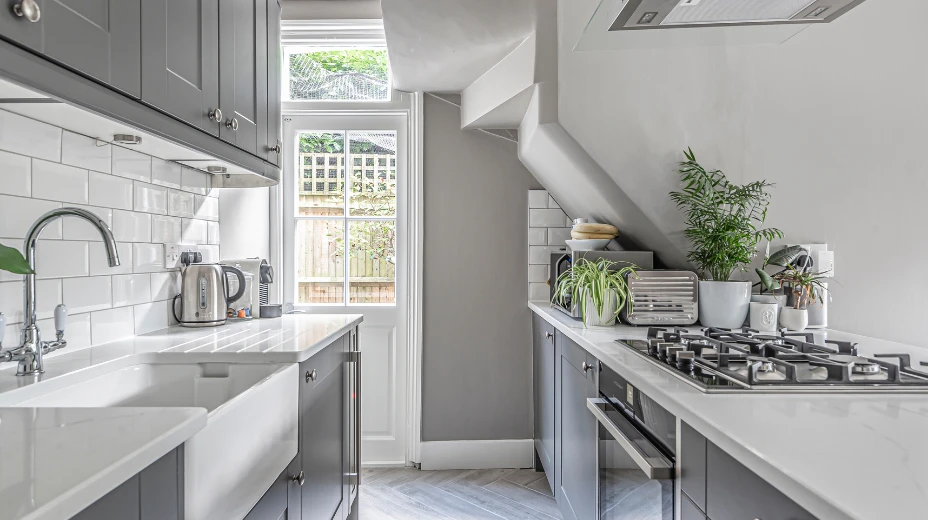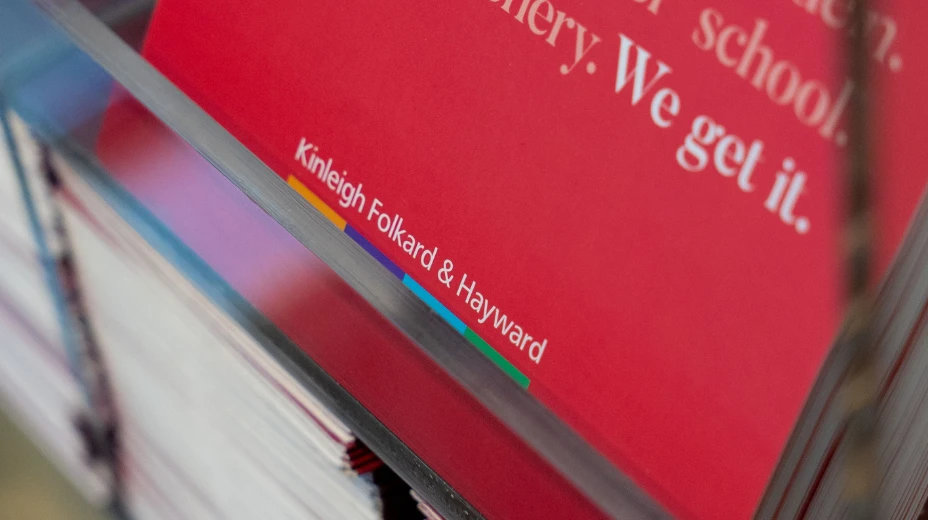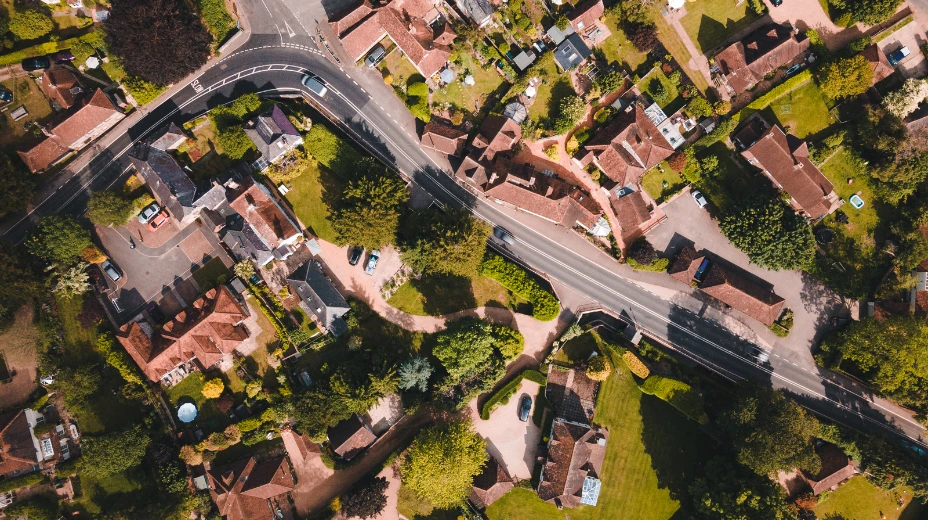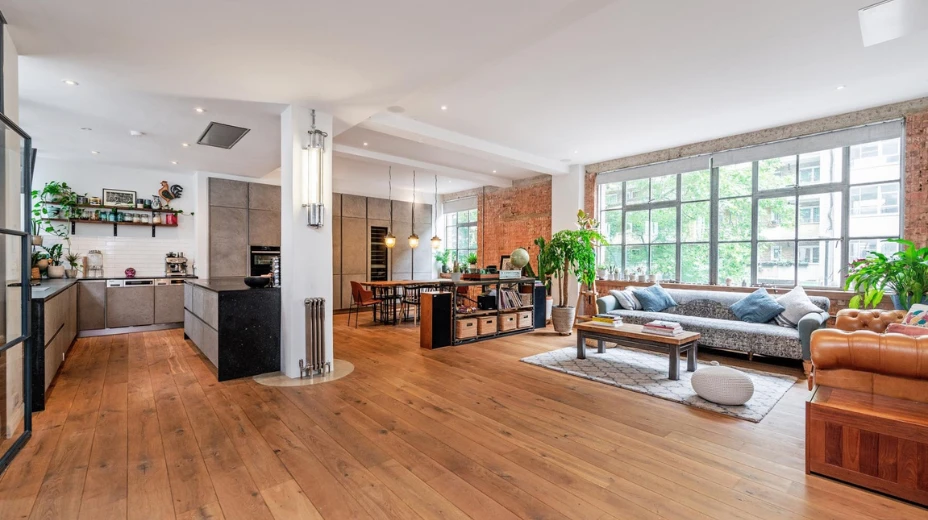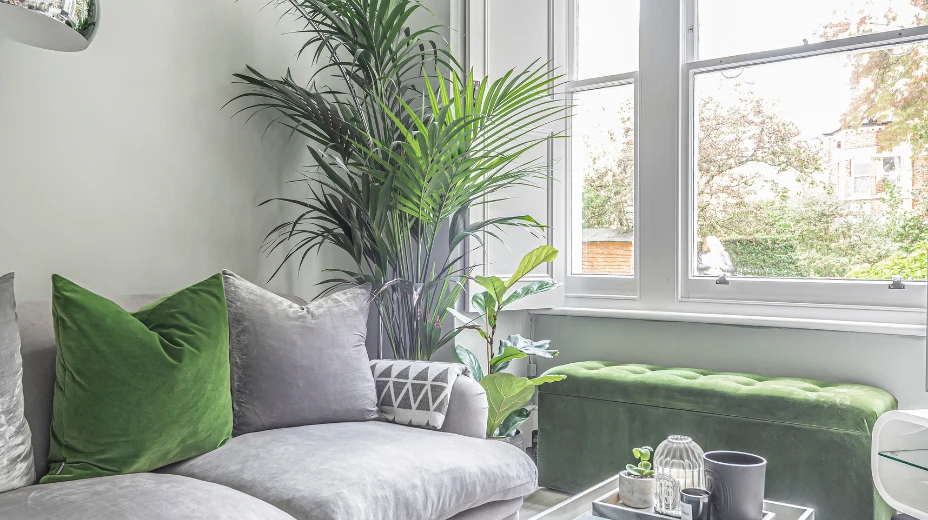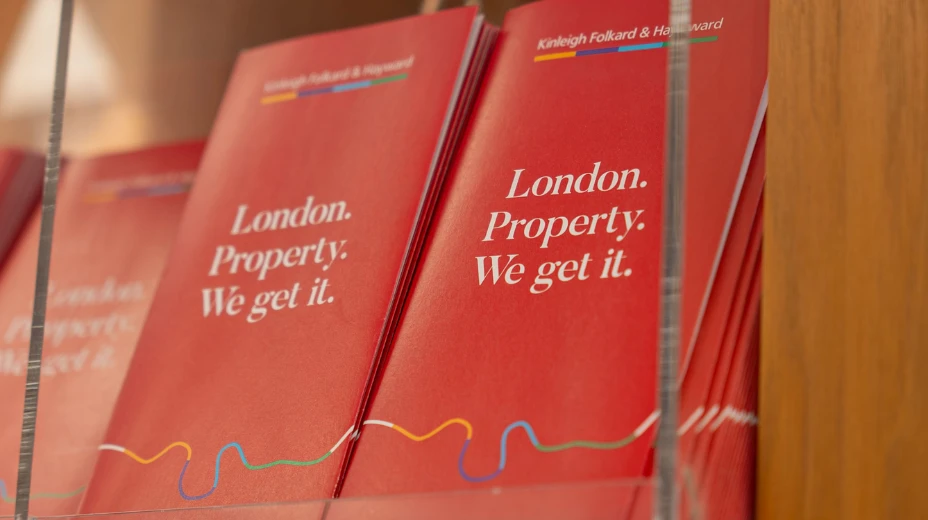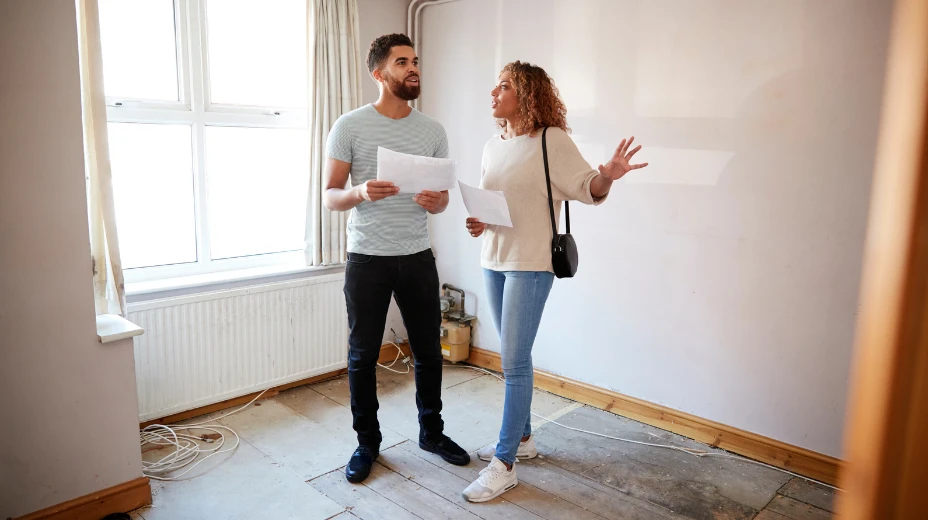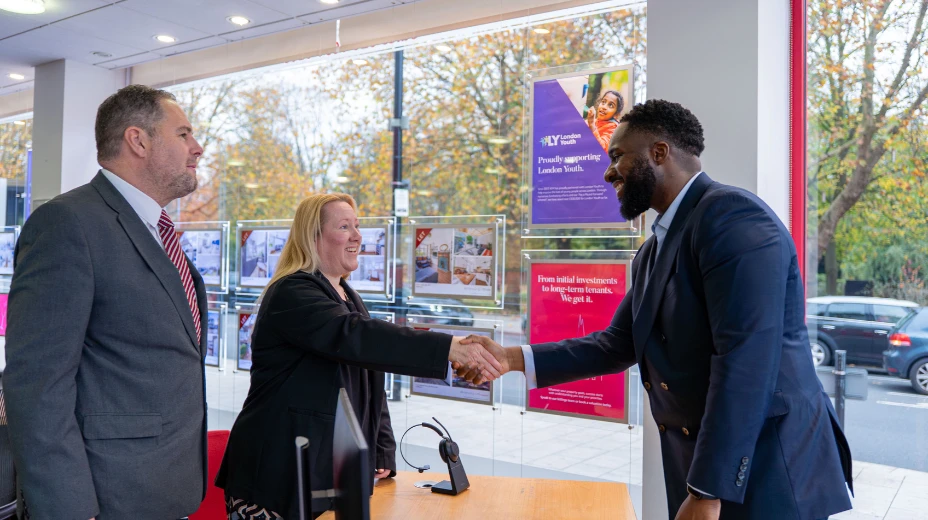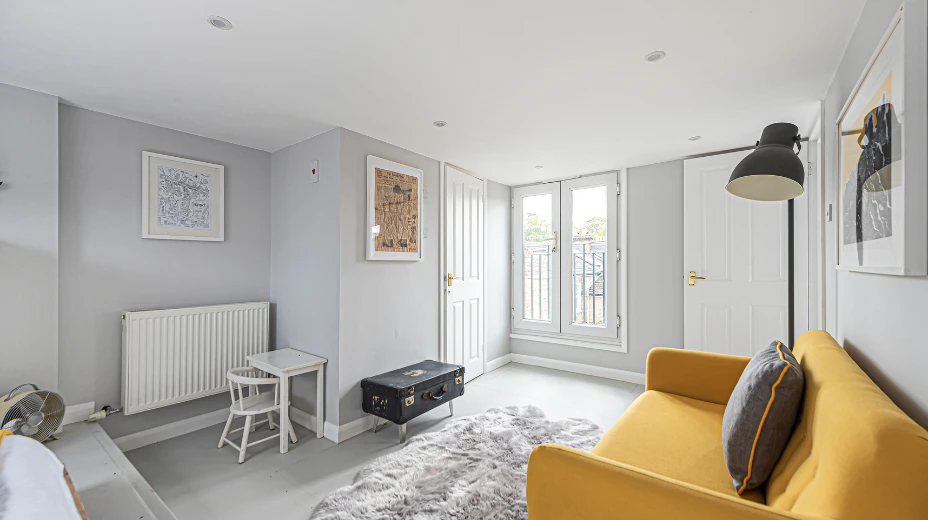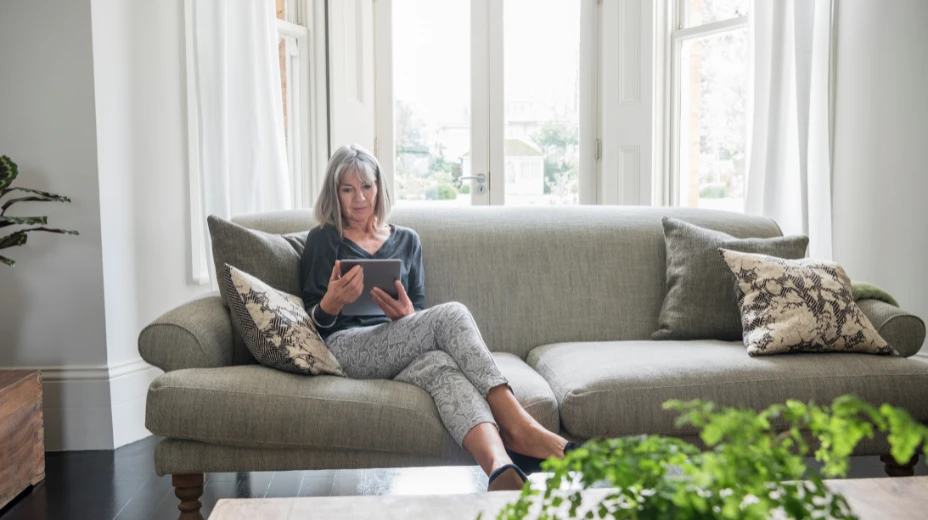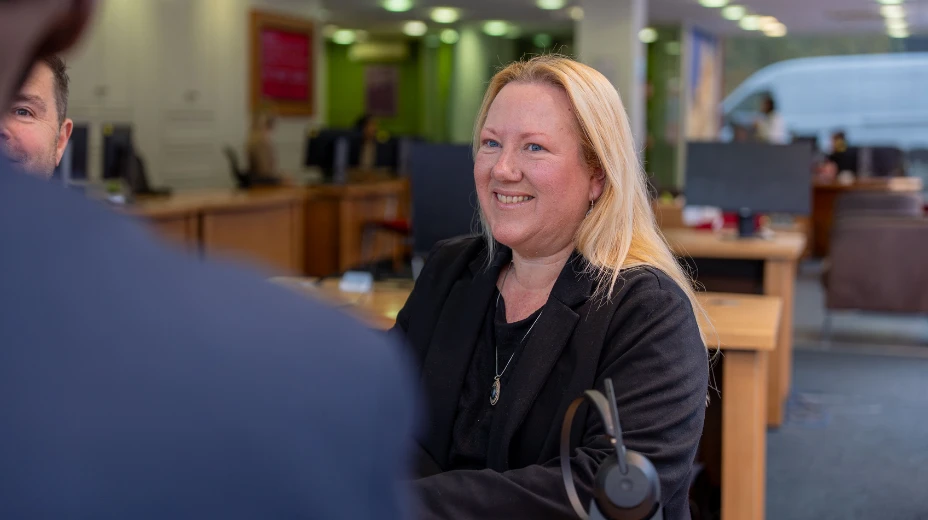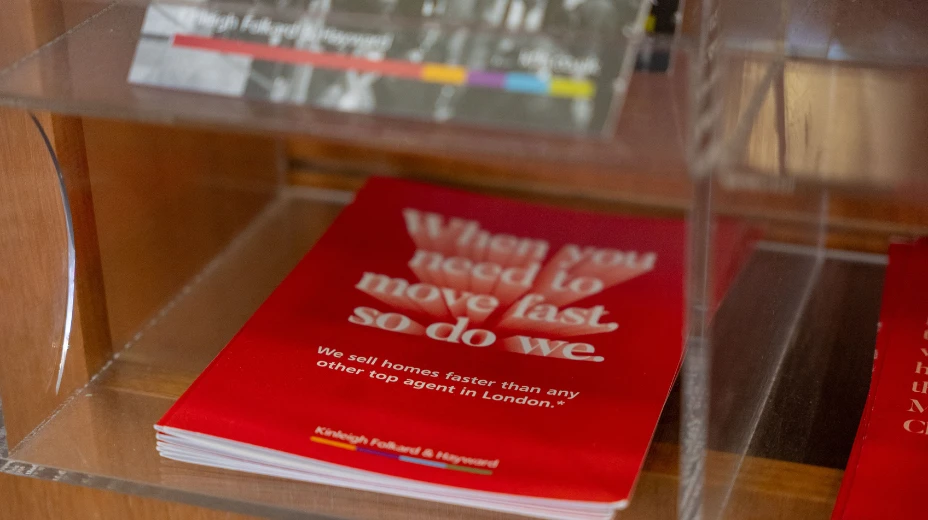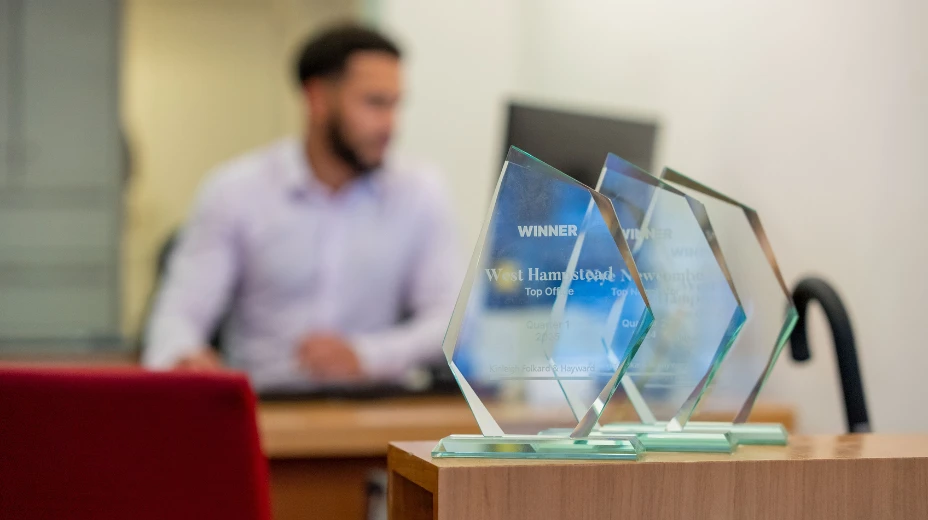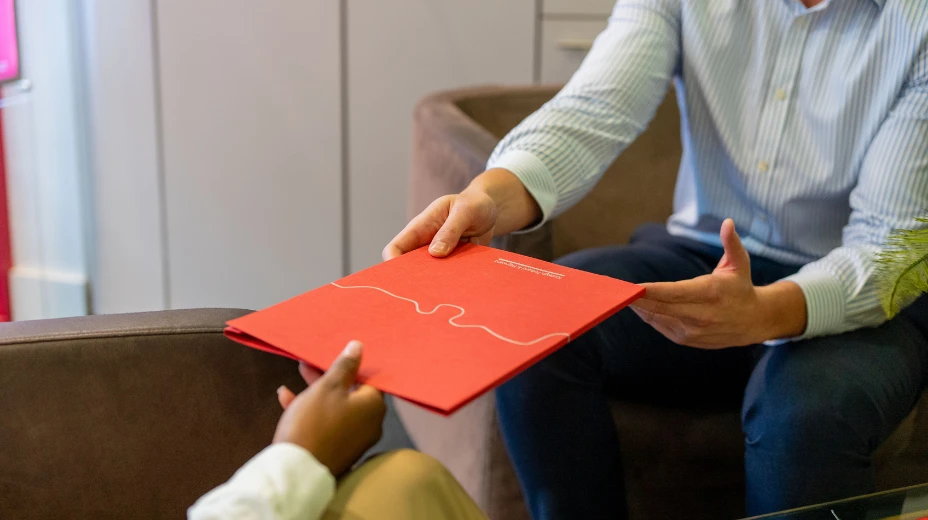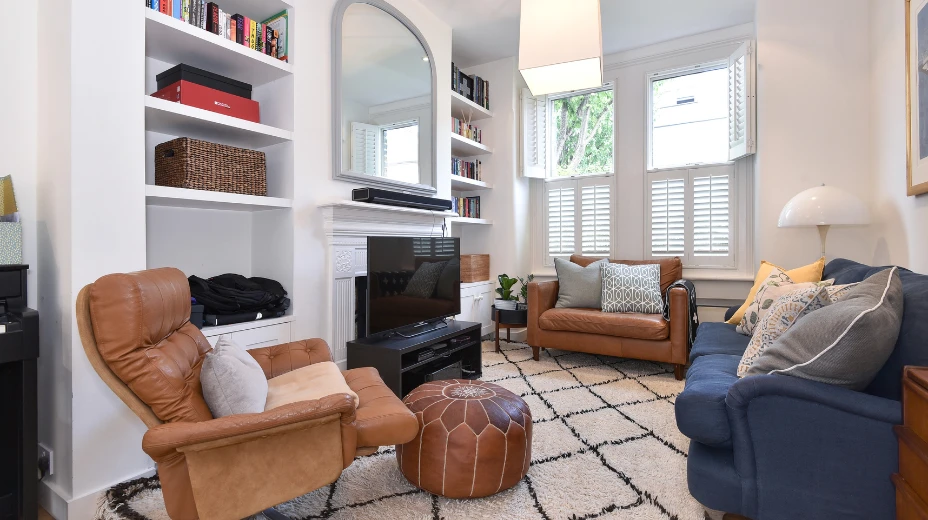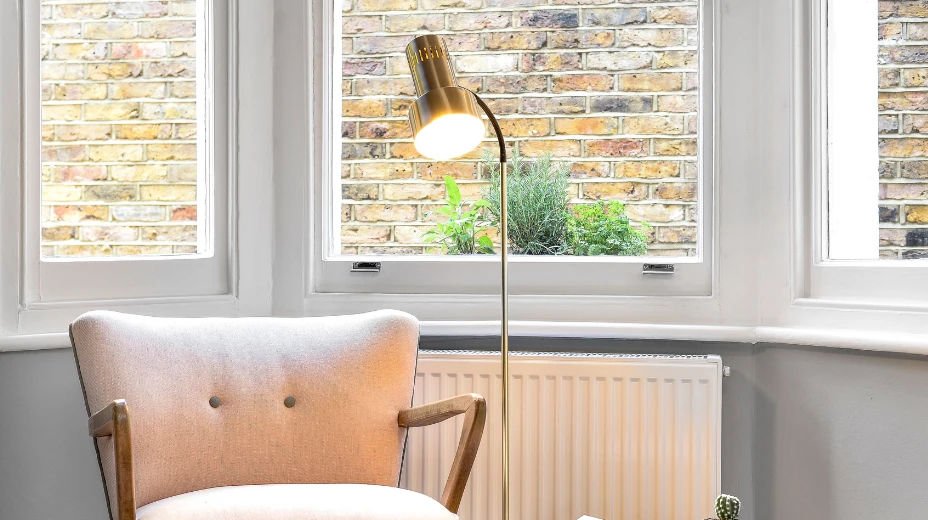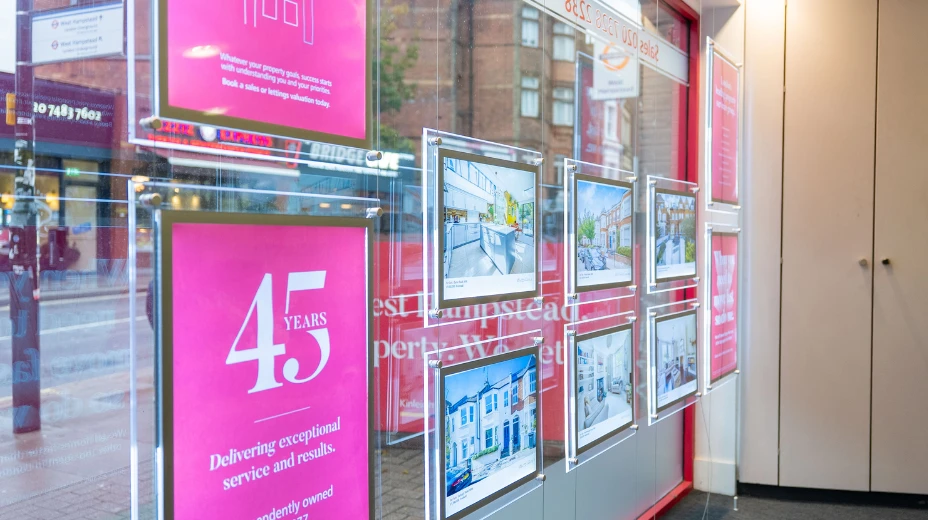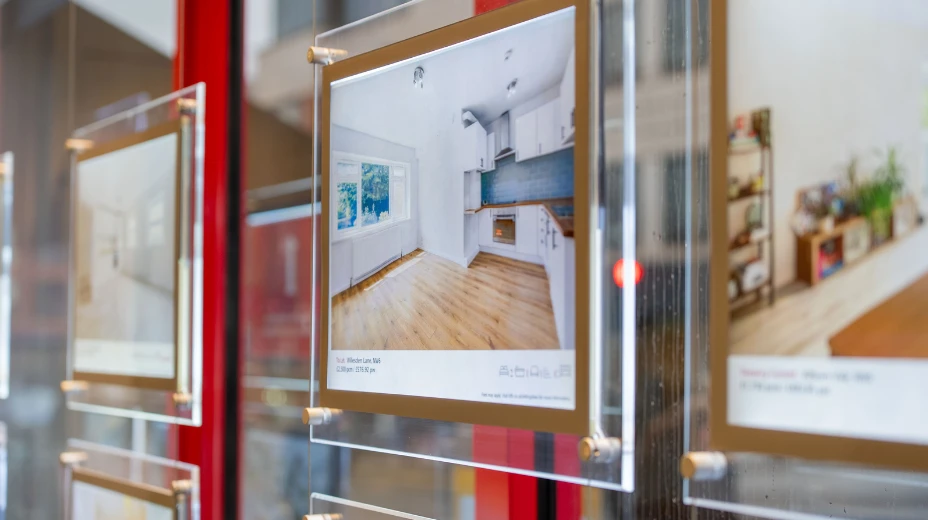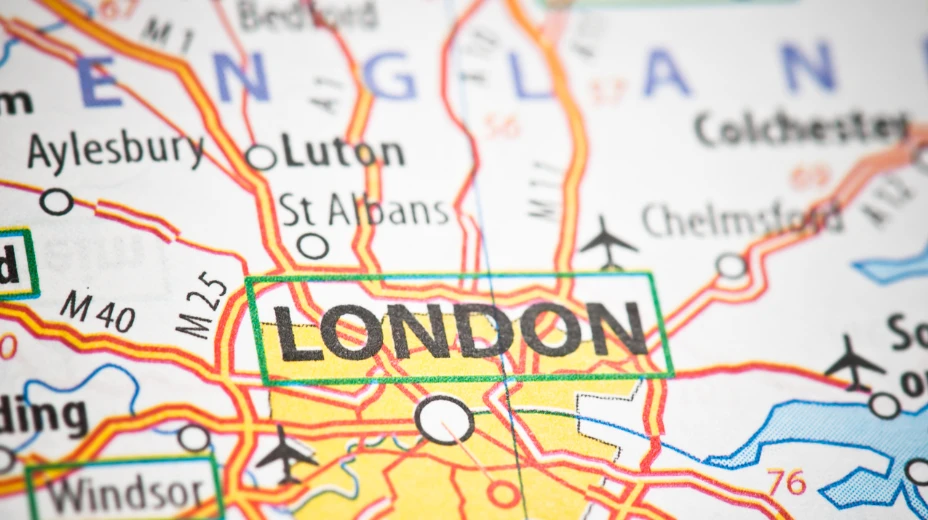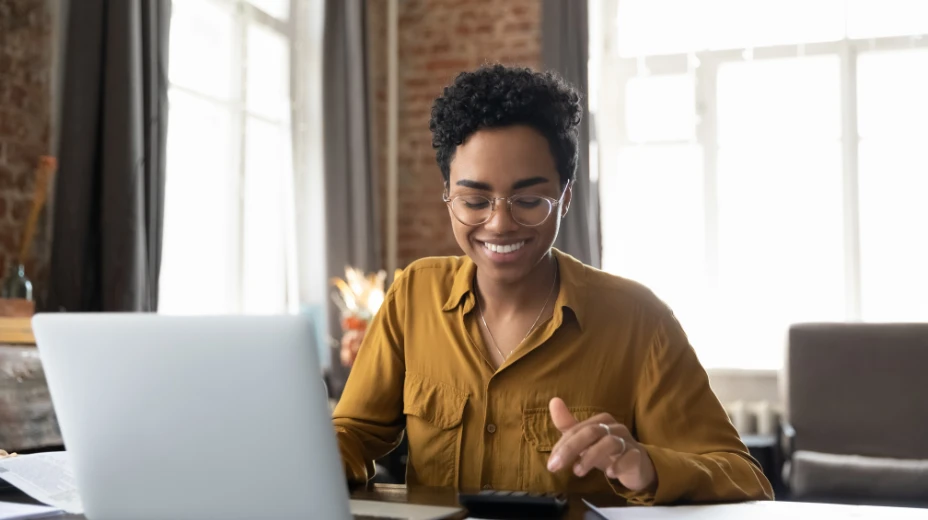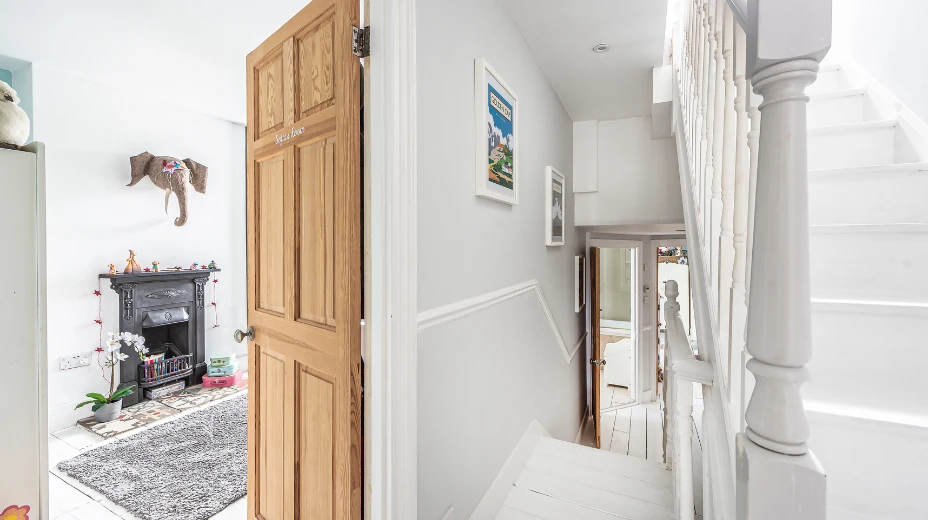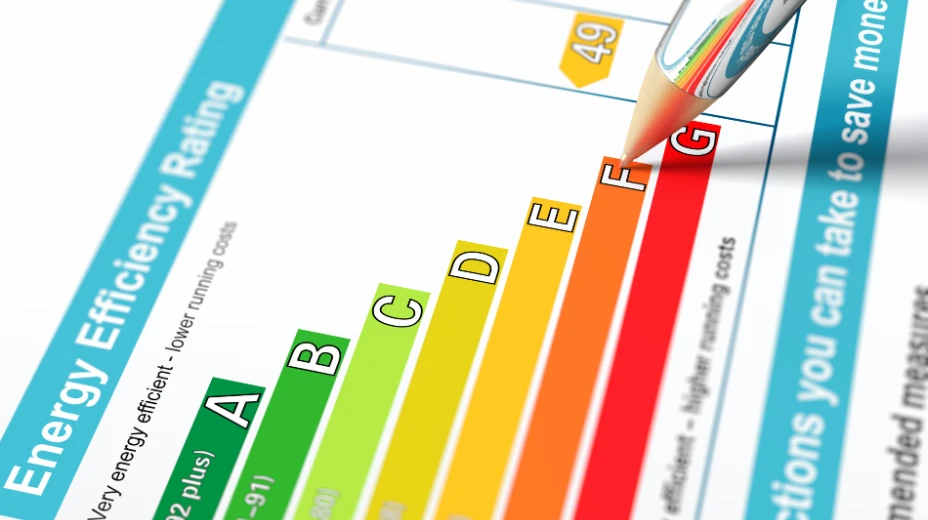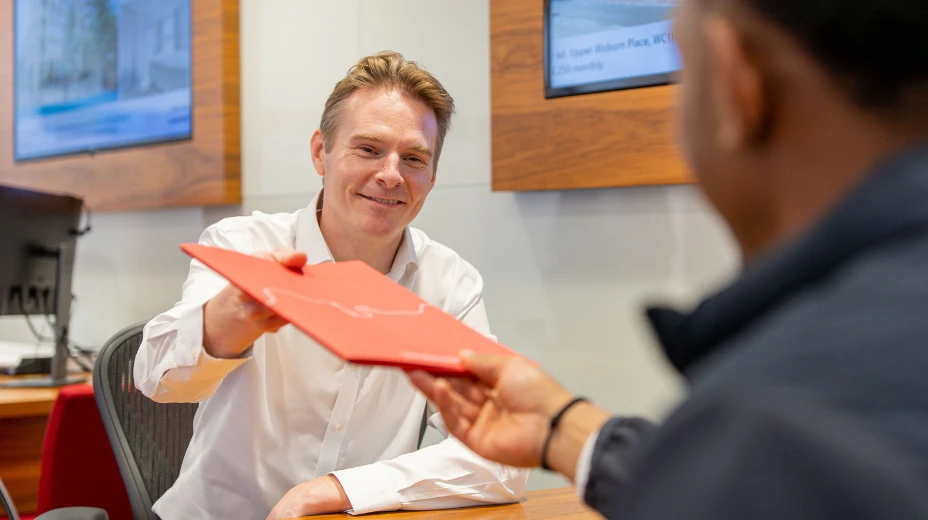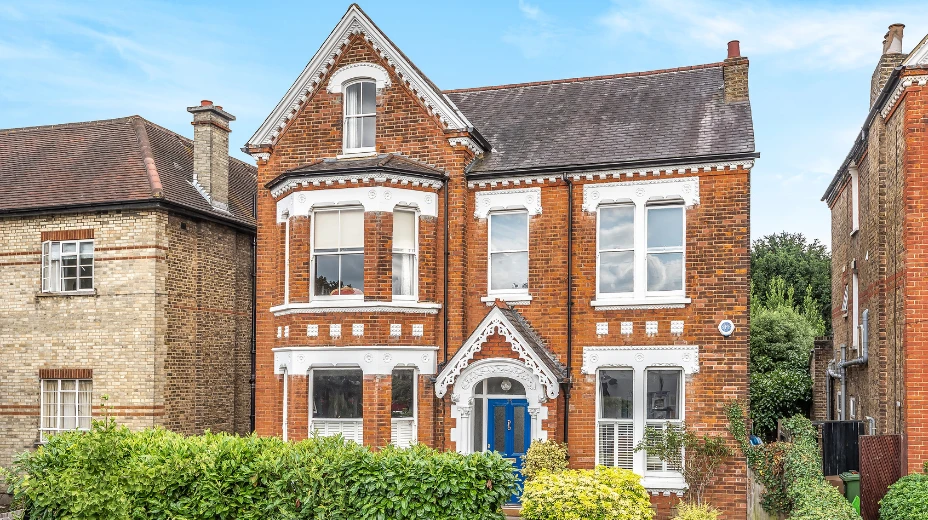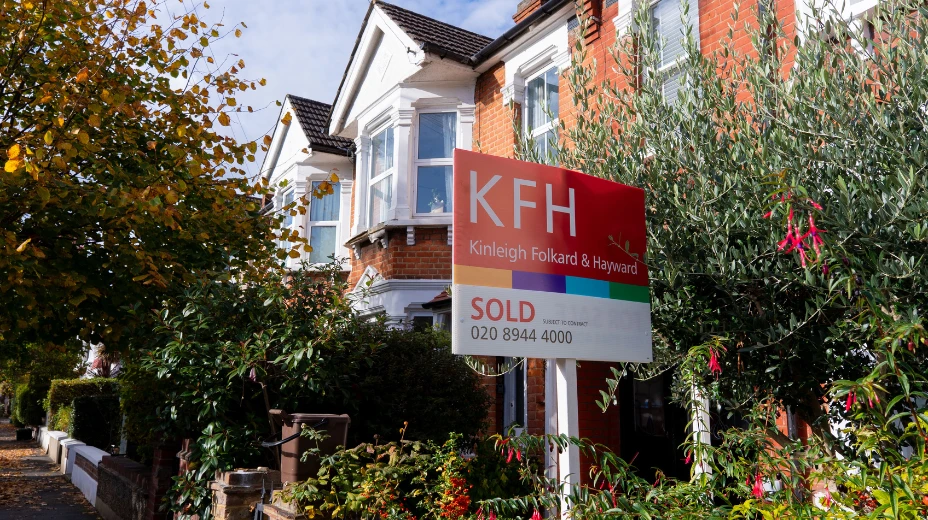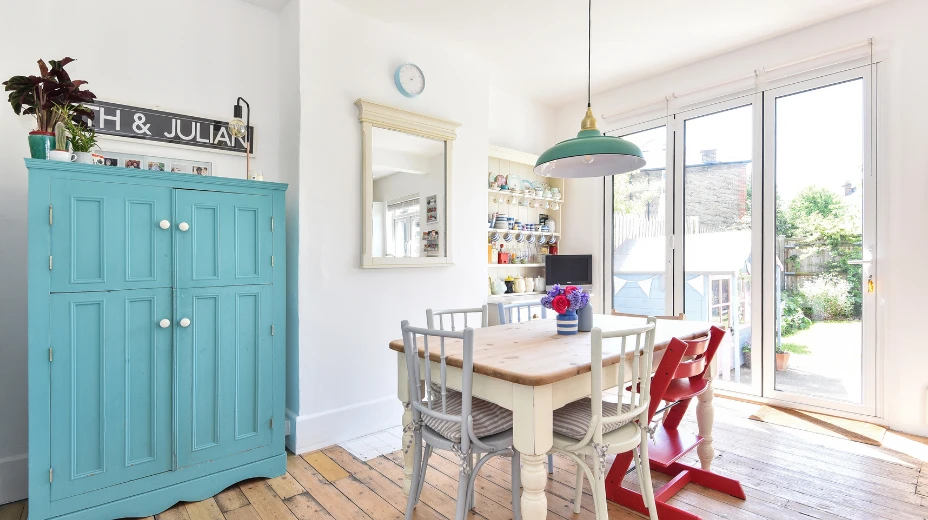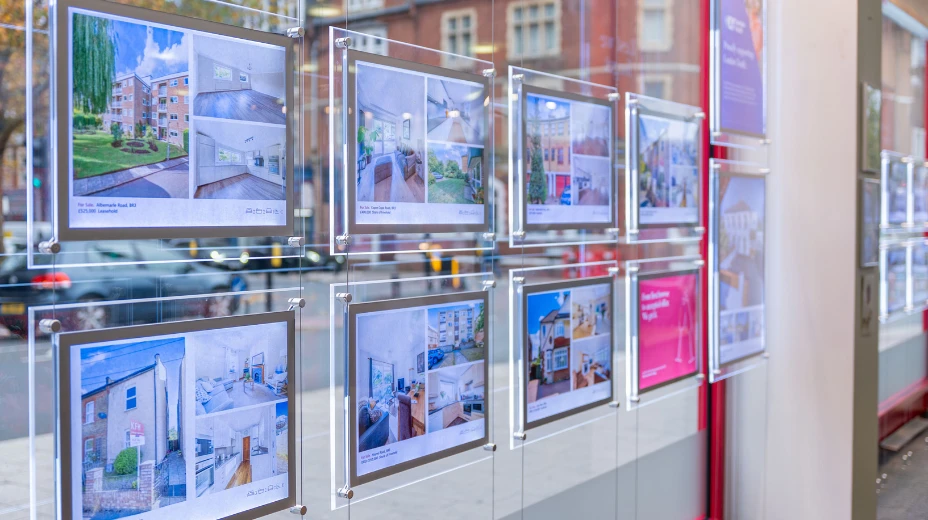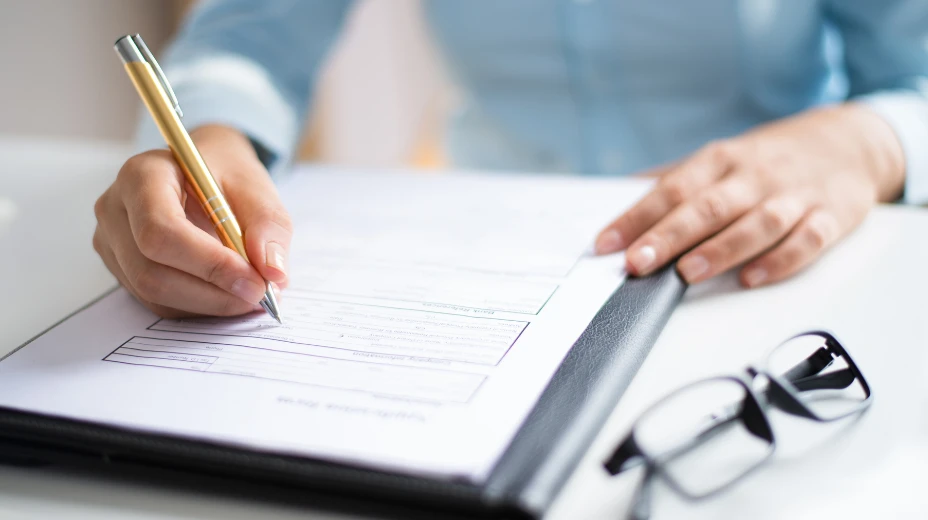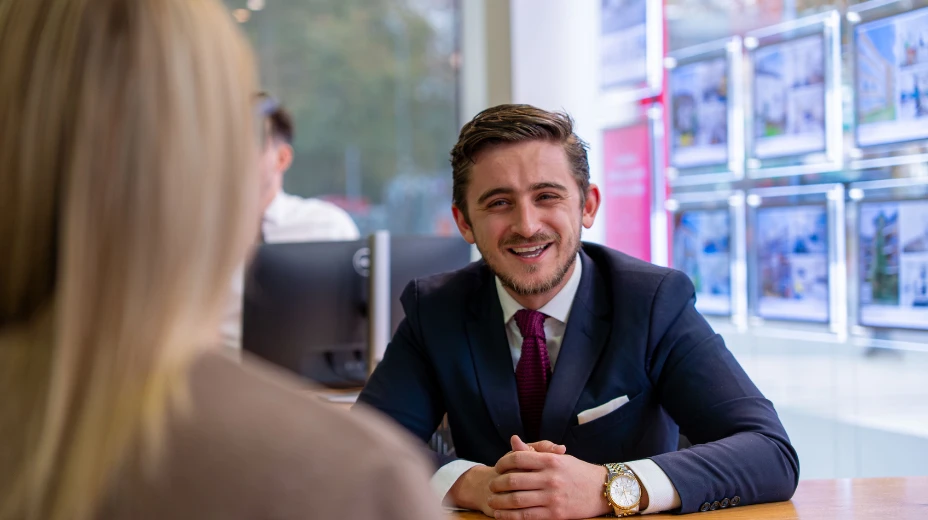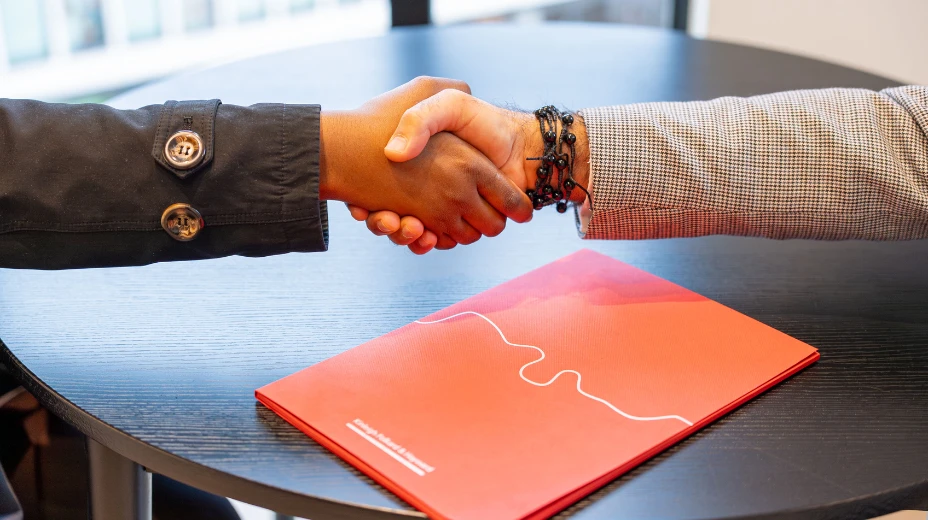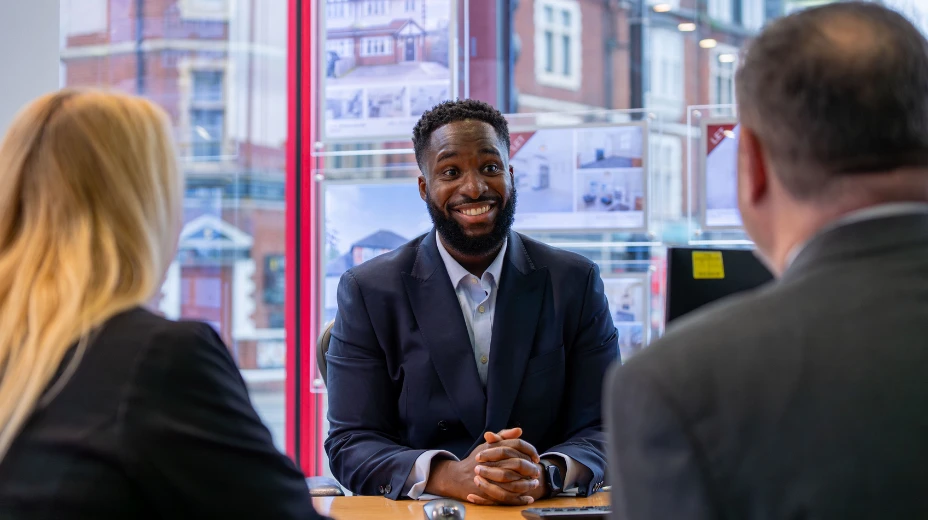First time buyers
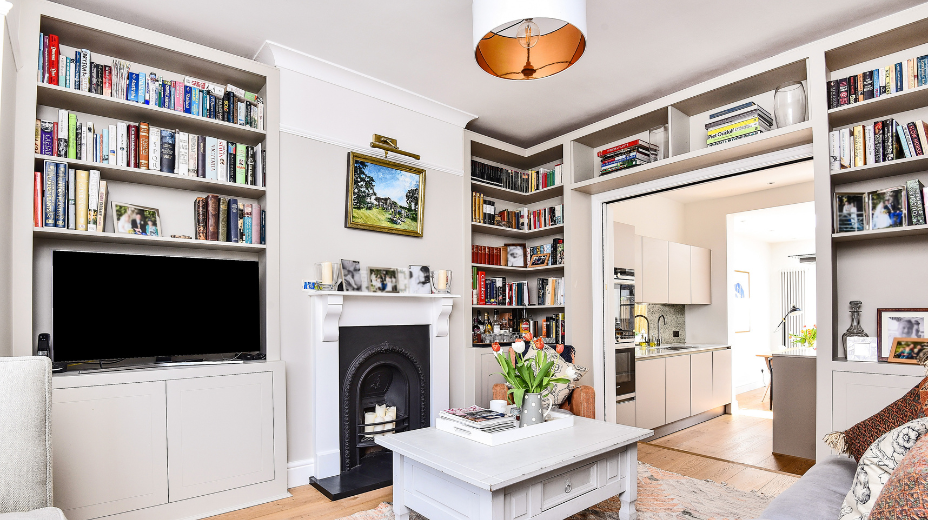
Buying your first home is exciting but it can feel overwhelming. With the right advice and preparation, you can make the process smoother and more achievable.
How do mortgages work?
A mortgage is a loan taken out to buy property or land. The money you borrow is called the capital and the lender will charge you interest on it until it's repaid. The loan is secured against the value of your home until it's paid off. This means that if you can't keep up the repayments, your mortgage provider can sell your property to recover the money you owe.
For more information on mortgages, read our guide to getting the right mortgage.
What help is available for first time buyers?
There are a number of schemes available for first time buyers to make buying your first property more achievable. You can find out more about these schemes in our government and other purchase schemes advice.
Talking to a mortgage consultant with access to a comprehensive range of products from across the market will help you understand all available options.
What other costs to budget for?
There are a number of other upfront costs involved in buying your first property aside from the deposit and mortgage repayments.
Some of these costs include mortgage set-up fees, property solicitors’ fees, Stamp Duty Land Tax (SDLT).
You can get a full breakdown of the costs of buying a property in our guide.
Our tips for first time buyers in London
At KFH, we have helped thousands of first time buyers in London get on the property ladder. Here is our advice for first time buyers:
Sort out your finances
To give yourself the best chance of buying a home you should get your finances in order. Keep up repayments on any credit cards and loans and pay off any outstanding debt. If you can demonstrate good money management, you will also be a more attractive borrower to any potential mortgage providers.
Work out a budget
Before you begin the process of saving for a deposit, you should think about a realistic savings target. As a general rule, you will need 10% of the cost of a property in order to secure a mortgage and the greater the percentage of the cost of the property, the better the mortgage deals you are likely to get.
The first place to start when saving is to get as accurate a picture as possible of your current spending. That includes everything from recurring monthly bills, your commute, to the money spent on nights out and the morning coffee you get on the way to work. You can then work out which of these are essential costs and whether there is anything that you can cut back on.
There are several banking apps and tools out there that you can use to help you do this analysis and it also may be worth monitoring your spending for a period of two or three months. This exercise is all about working out how much you can afford to save each month to begin building up your deposit.
Build your credit history
Once you have a good idea of how much you can add to your deposit saving pot, you should start to think about building up a credit history. If you don’t currently own a credit card, it may be time to think about getting one you use for certain payments to help build a credit history.
The main aim here is to demonstrate good money management to any potential mortgage lenders, so if you currently own any credit cards, make sure you keep up with repayments in a timely manner. You can check your credit score with a variety of suppliers such as Experian, Equifax and Callcredit.
Understand parental help
You may be fortunate enough to have parental assistance for a deposit, where a gift can be made to the buyer in the form of a cash lump sum. This will require an accompanying letter from the parents confirming it is a gift. Beyond a gift to help with the deposit, if parents are prepared to take on some of the risk of the mortgage, then the lender may feel more comfortable approving the child’s mortgage.
Parents can act as guarantors, ensuring that repayments will be made even if their child is unable to make them. Another arrangement is for parents or grandparents to offer their own homes as collateral against their child’s mortgage. This gives the lender greater confidence that the loan can be recouped.
Parents can also set up a savings account from which mortgage repayments will be made if their child is unable to make them. In an ideal scenario, the child will make all the required payments and when a set amount (around 75%-80%) of the mortgage is paid off, the parents can withdraw their savings, which may have accrued interest.
Instruct a solicitor early
Instructing a good solicitor when buying a property is vitally important and doing this early on will help the transaction to move as quickly as possible. The solicitor will help you to take care of all the legal and administrative details so it is key that you use a solicitor that you trust and feel comfortable with.
You can also consider using a conveyancing service that will help further with the administrative side as well as matching you to the right solicitor. You can find more advice on instructing a property solicitor in our guide.
Get your paperwork sorted
Getting your paperwork sorted early will pay dividends further down in the buying process. Send all your paperwork in the form of ID, payslips and bank statements to your mortgage broker and solicitor as soon as you can. This means that once an offer is accepted, there is a greater chance of the application being submitted immediately.
Being organised with your paperwork will also demonstrate to sellers that you are a serious buyer and put you in the best possible position against bids from other buyers.
Read up on the buying process
Arming yourself with knowledge on how the buying process works is a great idea and it’s never too early to begin doing this. If you familiarise yourself with the process this can stand you in great stead and make buying your first home much less daunting.

